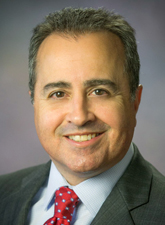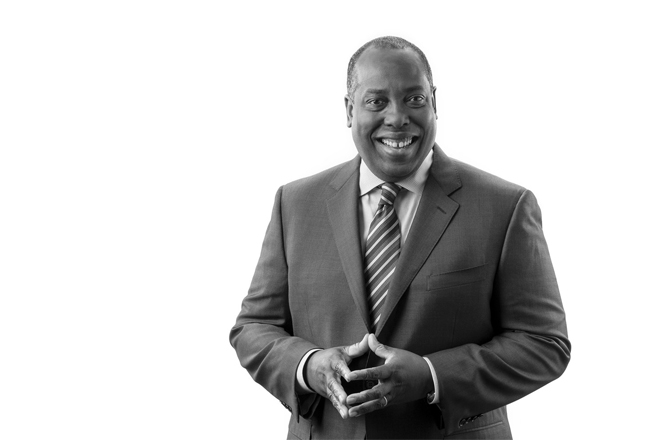There are many advantages to living in Fairfield and Westchester counties. Close access to major cities, waterfront views, proximity to ski resorts, major airports, a full spectrum of seasons and the country”™s best pizza.


Perhaps they want to be, or need to be, near family, cannot afford to move, are an integral part of their community, or do not want to leave behind friends. Retiring comfortably in Westchester or Fairfield is certainly possible but will require extra diligence, planning and preparation to ensure investors are on track to meet their retirement goals.
If you are nearing retirement or are already enjoying it, the priority should be on making sure you are maximizing every possible investing and savings opportunity, and most importantly, having a plan to help get you to, or keep on track for, a successful retirement. For those who are nearing retirement and still working, contributing the maximum amount to an employer-sponsored retirement plan such as a 401(k) or 403(b) is tremendously helpful to your long-term success.
Even better, for those over age 50, you can put an extra $6,000 a year in those plans and an extra $1,000 in an individual retirement account (IRA). Keeping your investment costs low and paying attention to how taxes can affect the return of your taxable portfolio is also critical.
Low-cost index funds and ETFs can be very helpful in this area. You should also be conscious of the types of accounts your assets are held in to ensure you get the best possible tax treatment. Capital gains and equity dividend income is taxed at potentially a much lower rate than taxable bond income. Holding stocks in a taxable account and bonds in a tax-deferred account can be an effective tax strategy. For those in a higher tax bracket, tax-free municipal bonds can be the investment route to take.
The new tax law has created a major headwind for many New York and Connecticut residents. Investors who are paying higher property taxes compared to other areas in the country (with few exceptions) will be hit especially hard. Itemized deductions for personal state/local property taxes and personal state/local income taxes are now capped to a combined total of $10,000.
Before heading into retirement, investors may need to take stock of their real estate and consider what they are paying in property taxes. Without the benefits of deductible property taxes, investors may want to consider downsizing or moving to another area where property taxes are lower.
The increase in the standard deduction impacts many people who are making charitable donations. Getting yourself educated on donor-advised funds is a very good use of time. Donor-advised funds allow investors to lump their giving into one year, making it possible to itemize and get a tax benefit that they may not receive in the new tax landscape. This allows investors to give cash, appreciated securities (thus avoiding capital gains) and other assets (real estate, restricted stock, privately held stock and cryptocurrency) for an opportunity to receive an immediate income tax deduction.
A hidden gem more investors should take advantage of is a health savings account (HSA). While HSAs are a relatively new investment vehicle, there are still many misconceptions about the benefits of utilizing them. Many consumers are not aware of the multiple tax benefits and options to invest in the same types of fixed income/equity mutual funds as in 401(k)s and IRAs. HSAs are an underutilized investment vehicle with many advantages and should be strongly considered when planning for retirement. Contributions to an HSA are 100 percent tax deductible and withdrawals for qualified medical expenses are also not taxed. Interest earned is tax-deferred, and if used for medical expenses, is tax-free.
Charles R. Cumello Jr. is the president and chief executive officer of Essex Financial based in Essex, Connecticut. He can be reached at 860-767-4300. He has 29 years of experience in the financial services industry. Essex Financial has more than $2.8 billion in assets under management or administration. Essex has approximately 3,000 clients with offices in Essex, Southport and Farmington, Connecticut.





















